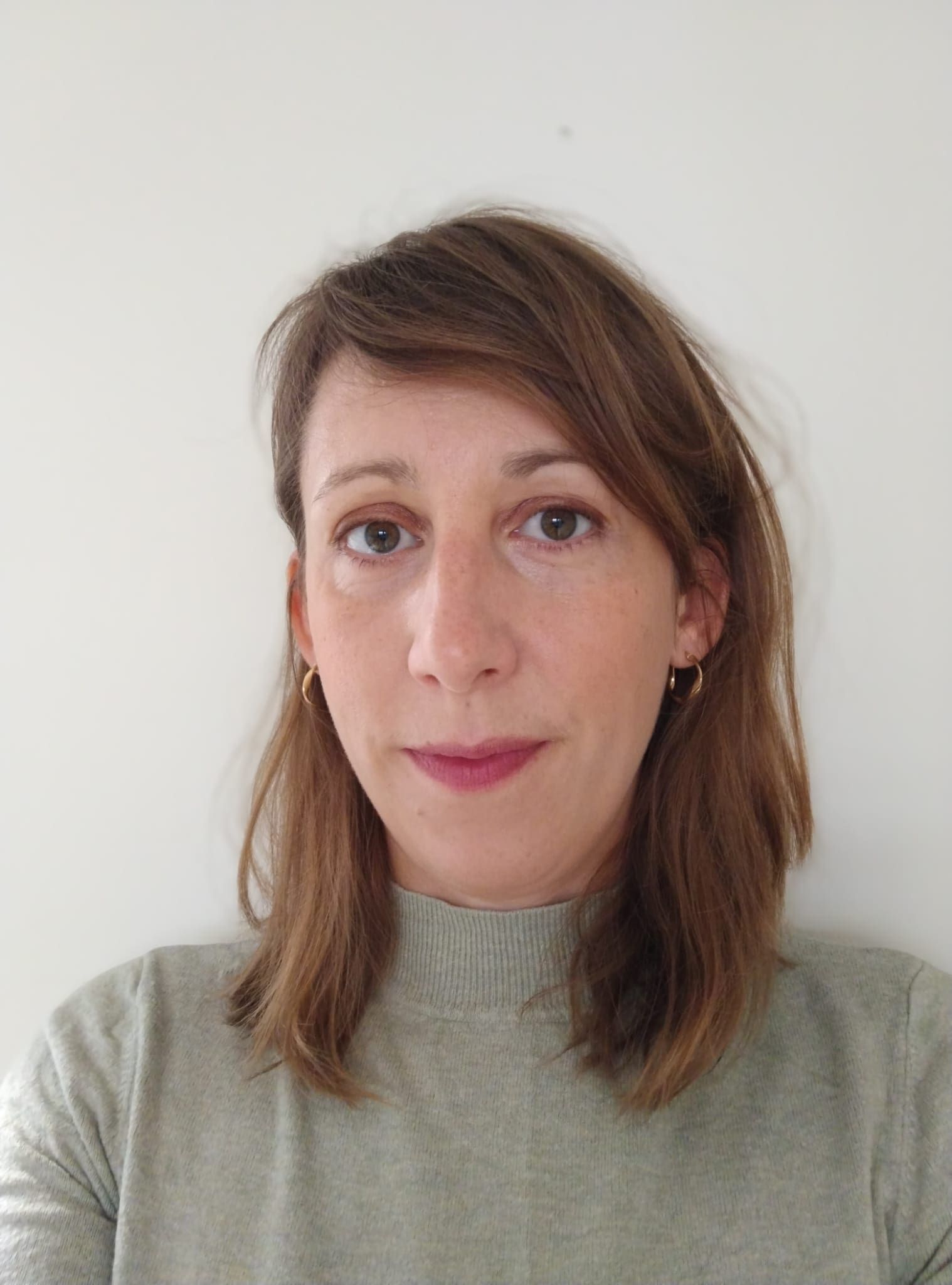
Learning to improve: Engaging with communities to tackle health inequalities
- A self assessment and improvement framework for integrated care systems
- Health inequalities
Reflections on working with Integrated Care Systems (ICSs)
A recent national partnership project involving National Voices has breathed new life into the concept of ‘tackling health inequalities’ and demonstrated real potential for turning our wealth of engagement and insights into meaningful action and change. This ambition is so core to what we do, and it has been wonderful to practically demonstrate this and now share the learnings and enabling tools more widely.
From spring 2024 to February 2025, National Voices collaborated with the Point of Care Foundation and Care Quality Commission (CQC) to co-design a framework to help Integrated Care Systems (ICSs) self-assess and enhance their community engagement practices to address health inequalities.
Funded by the Regulator’s Pioneer Fund, we arrived at the final framework via a series of co-development engagement practices with partners and stakeholders across England, including health inequalities and community leads from Integrated Care Boards (ICBs), NHS England (NHSE), people with lived experience, local authority and public health representatives, and those from the voluntary community, faith and social enterprise sector (VCFSE). We also secured the voluntary support of four ICSs—Black Country, Gloucestershire, Hampshire & Isle of Wight, and Nottingham & Nottinghamshire—to test the draft framework across a ten-week process.
What did we learn?
There is not always ‘a table’ for people and communities to get a seat at
As Policy Manager at National Voices, I often find myself in discussions about how the VCFSE sector needs to “get a seat at the table” with ICSs. Yet we all seem to have different ideas about what this “table” is and who else sits at it. With the NHS’s organisational structure currently in radical flux, this target risks becoming even more elusive.
In co-developing the framework with systems themselves however, I have been reassured to see repeatedly that it’s relationships, across health and care system partners and with communities, that drive action and improvement as much as structures and systems. We connected with people working across all system levels: senior leadership, managers, and officers in community involvement, engagement and experience, communications, insight, health inequalities, and VCFSE leaders and strategic lived experience partners.
It was helpful to learn about the responsibilities each held, including delivery of the ICB’s People and Community Strategy, and their commitment to improving equity in healthcare, reciprocity and trust with communities. We learned about diverse approaches, from formal co-led advisory groups to innovative community engagement over shared meals. The self-assessment and improvement framework was warmly received as a tool for enabling understanding of current practices and identifying necessary paths for improvement. This might mean improving reach and diversity of engagement, depth and strategic planning to link engagement practices with health inequalities work, or resourcing and closing feedback loops between insights, action and impact.
Focus on people and relationships, not organisational structure
Recent Government announcements indicate there could be significant changes and challenges ahead for ICSs’ organisational structures, strategies, and roles related to engagement and health inequalities. During and after these restructures it is vital that ICBs are able to maintain as one of their core roles tackling unequal access, outcomes and experience. If the Government intends to halve the gap in healthy life expectancy between the richest and poorest regions in England, as stated in its 2024 manifesto, this priority and resourcing cannot lose focus. In co-developing and testing the framework, we have seen that both the skills of the workforce and the necessary tools are evolving and being embedded to help support those most likely to experience poor health outcomes. We are seeking reassurance that the shift in oversight from NHSE to the Department of Health and Social Care enables rather than impedes this.
Regardless, I urge our members and partners to examine the framework for yourselves to understand what effective action looks like and how we can all play a role in improvement. The framework emphasises VCFSE organizations as key partners and I hope provides a fresh context for our collective work with ICSs.
What did ICSs tell us about what works?
Finally, I wanted to leave you with eight lessons we learnt from the four ICS test sites we engaged with to test and refine the framework, in the hope that it may help others when engaging with communities to tackle health inequalities:
- A learning-focused approach is refreshing, unlike traditional assurance processes where fear of “failing” can inhibit honest reflection and improvement.
- Engagement fatigue is real. Communities often told us that they prefer timely, direct action over lengthy discussions. Clear feedback loops showing how insights lead to impact are crucial for sustained engagement.
- Informal, community-led relationship building between statutory partners, the VCFSE sector, and communities often works better than formal system-hosted meetings.
- Health inequalities can easily get lost in engagement work. While many tools support community engagement, embedding a health inequality lens requires deliberate effort throughout planning, practice, and evaluation.
- Codesign is both welcome and achievable. Partnership between the VCFSE sector, ICB representatives, and those with lived experience created something genuinely useful, resulting in a welcome balance between structure and flexibility in the final framework.
- Leadership commitment is crucial for successful adoption.
- Resource constraints remain challenging (ICSs volunteered to trial the framework, with reimbursement available for VCFSE and community partners). Having funds to reimburse people doesn’t guarantee their capacity for additional work without forward planning. Sustainable funding is essential for engagement activities and integration of the framework as NHS organisational structures evolve.
- Peer learning opportunities are invaluable across sectors and regions.
Overall, the ten-week pilot demonstrated that even with limited time and resources, thoughtful and systematic engagement can enable significant progress. Each test site emerged from the process with concrete implementation plans, from refined engagement practices to reach as-yet reached communities to improved methods for implementing and monitoring engagement-driven actions.